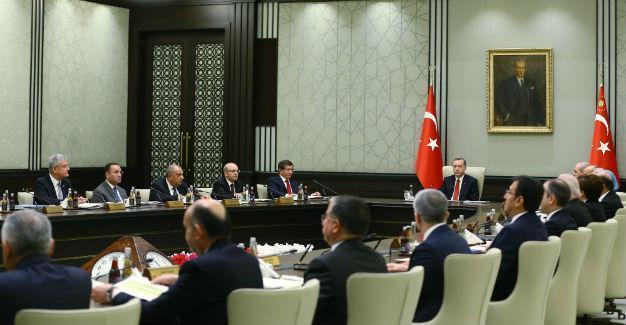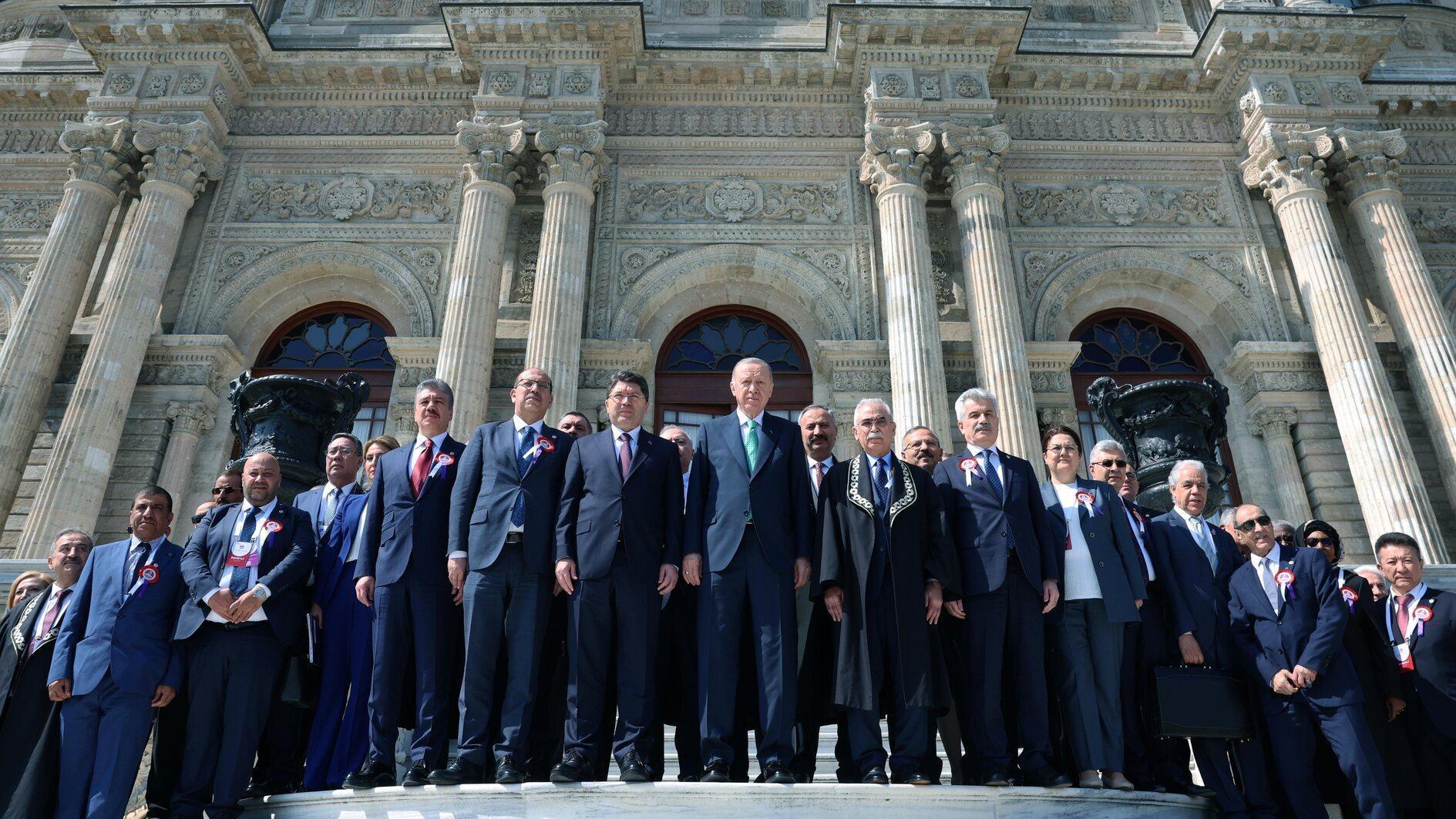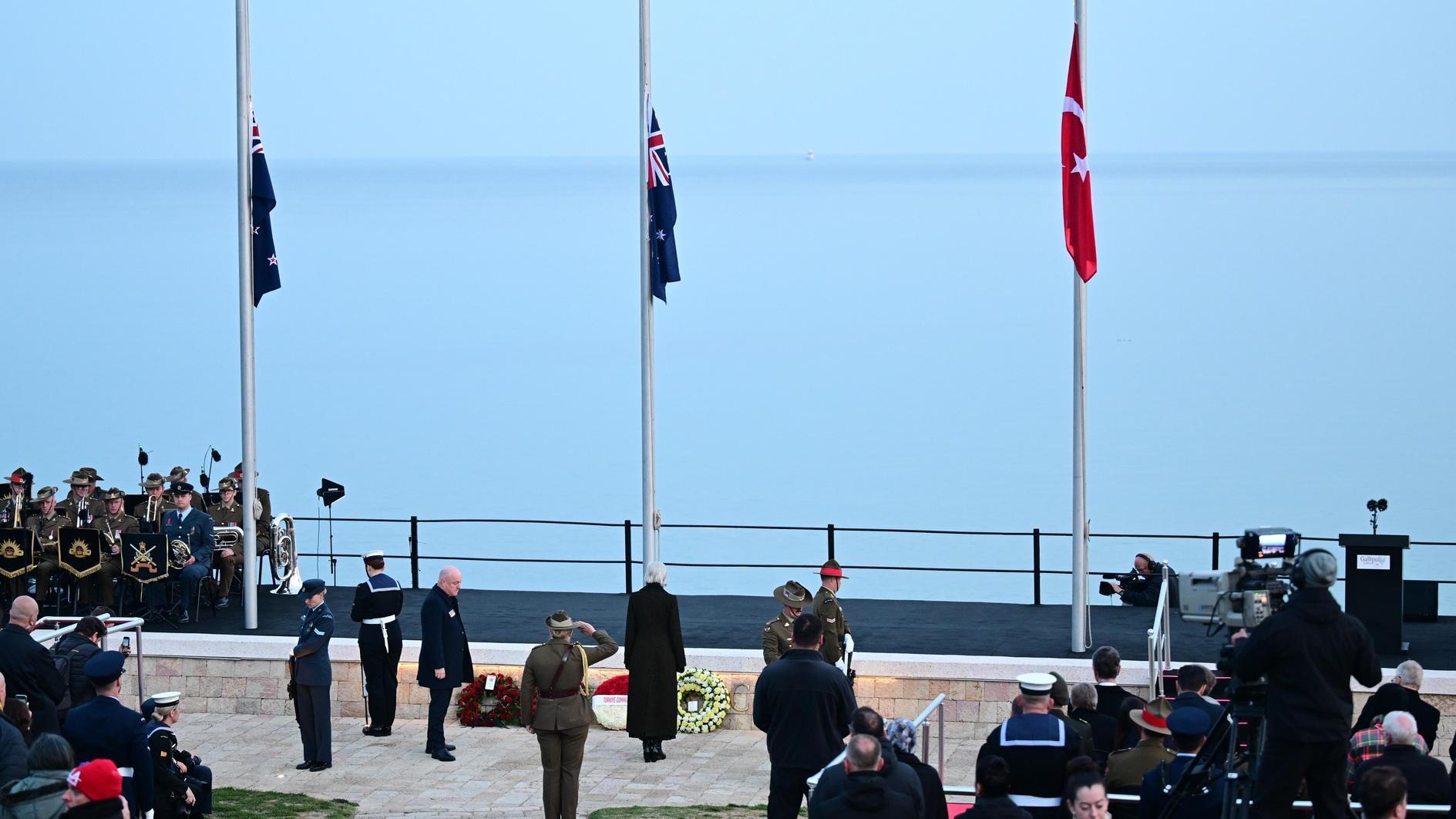Turkish government seeks to mend ties with Israel, Egypt
Nuray Babacan - ANKARA

AA photo
A nine-hour-long Turkish cabinet meeting chaired by President Recep Tayyip Erdoğan on Feb. 22 focused on foreign policy, with the future of Ankara’s bilateral relations Israel and Egypt as well as its position regarding the Syrian conflict reviewed in a bid to update its roadmap on these thorny issues.The cabinet meeting last week was the first chaired by Erdoğan following the Nov. 1, 2015, parliamentary elections, in which the ruling Justice and Development Party (AKP) secured a single-party government.
The participants agreed Turkey’s stance vis-à-vis the policies of other countries, foremost the United States, regarding Syria’s Democratic Union Party (PYD) and its militia force, the People’s Protection Units (YPG), has been felicitous, sources said.
Since mid-February, Turkey has repeatedly shelled Kurdish fighters in Syria. Ankara contends the YPG is a branch of the outlawed Kurdistan Workers’ Party (PKK), which has waged a three-decade insurgency against the Turkish state.
Turkey should better explain its thesis to its allies and the international community with presenting documents, Erdoğan and the cabinet decided.
German Chancellor Angela Merkel on Feb. 15 backed a call from Turkey for a no-fly zone over parts of Syria, saying it would alleviate the situation of displaced Syrians.
Recalling Merkel’s support, Erdoğan and the cabinet chaired by Prime Minister Ahmet Davutoğlu agreed it would be appropriate for Turkey to continue its policy of campaigning for “secure zone and disarmed zone,” said sources speaking under condition of anonymity.
The Feb. 22 meeting at the presidential palace in Ankara also discussed ways of rapprochement with Egypt. It concluded that ministerial-level meetings could be held, an idea which found support from Erdoğan.
In early February, while categorically ruling out meeting with Egyptian President Abdel Fattah el-Sisi until death penalty sentences for ousted Islamist President Mohamed Morsi and other Muslim Brotherhood leaders were lifted, Erdoğan had already given a green light for ministerial-level talks between the two estranged countries.
For his part, Davutoğlu did not appear warm to the idea of a prime-ministerial level meeting. They agreed the 13th Organization of Islamic Cooperation (OIC) Summit in Istanbul in April could offer an opportunity for such ministerial talks. Almost all members of the Council of Ministers agreed the talks’ starting point should be ministerial, the sources said.
Foreign Minister Mevlüt Çavuşoğlu briefed the meeting over the current phase of normalization efforts with Israel. The undersecretary-level efforts between Turkey and Israel were close to being completed, Çavuşoğlu said. Accordingly, Turkey and Israel may make a joint statement “in the coming days,” he added.
The two countries have stepped up efforts in recent months to restore a relationship that was severely damaged after an Israeli raid on a Turkish boat, the Mavi Marmara, which killed 10 Turkish activists in May 2010 as the vessel was trying to breach a blockade on the Gaza strip.
Turkey has repeatedly insisted on three conditions for normalization: The lifting of the Gaza blockade, compensation for the Mavi Marmara victims and an apology for the incident.
Israel has already apologized and negotiations appear to have made progress on compensation for the victims of the Mavi Marmara raid. This leaves Israel’s blockade on the Hamas-ruled Gaza Strip as the main hurdle.
Last week, Hamas said it was hopeful an emerging deal to restore ties between Israel and Turkey would result in the construction of a port for the impoverished Gaza Strip. Hamas hopes a seaport might be built if Israel does lift its restrictions.
















